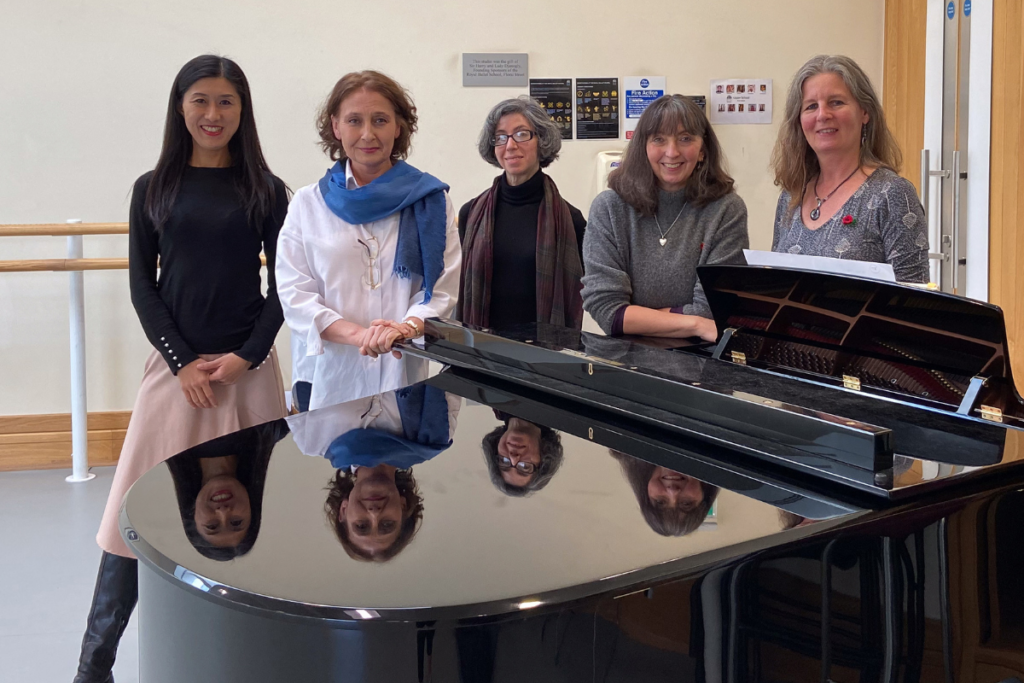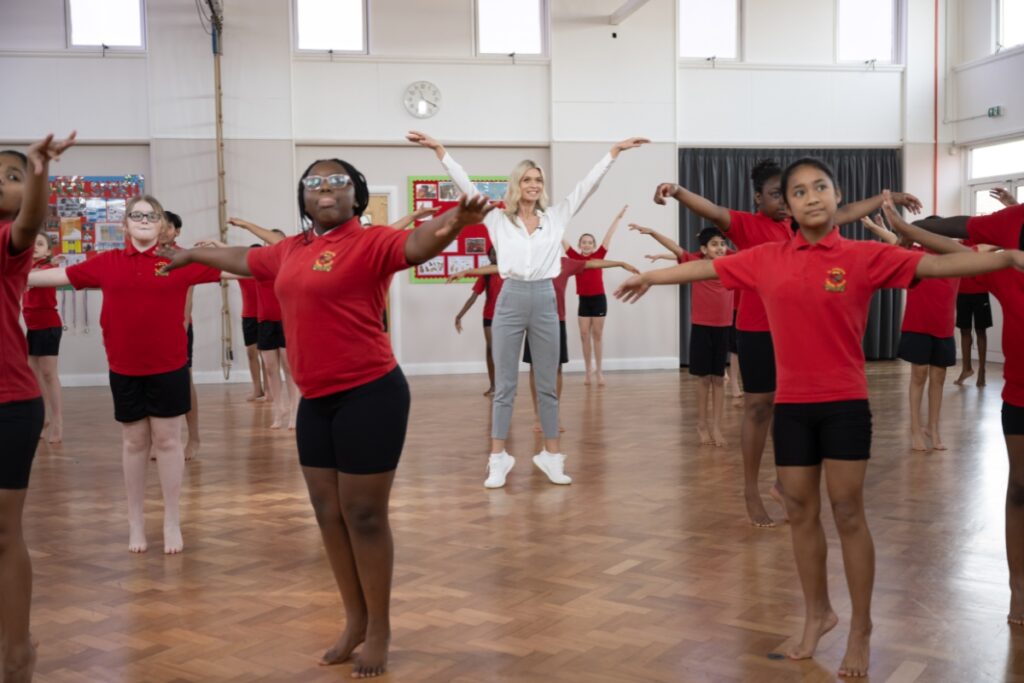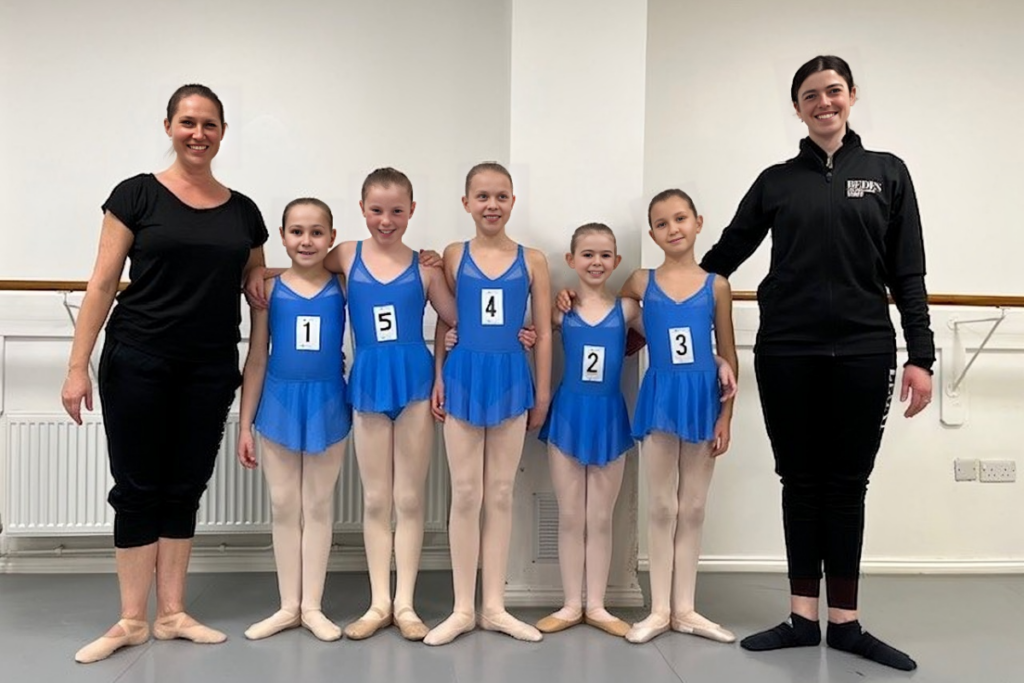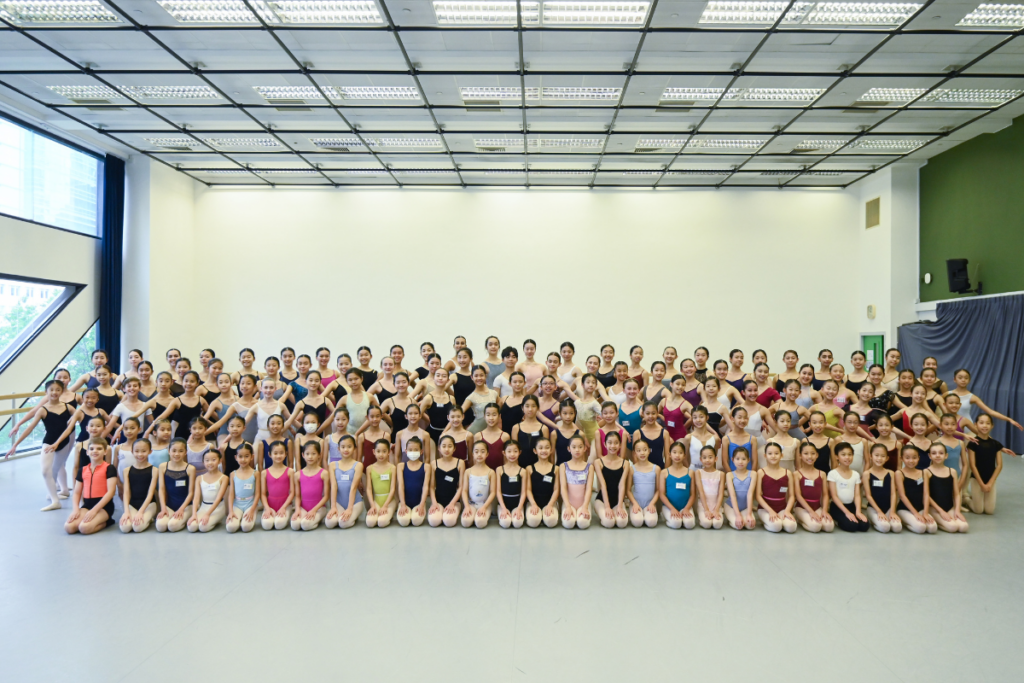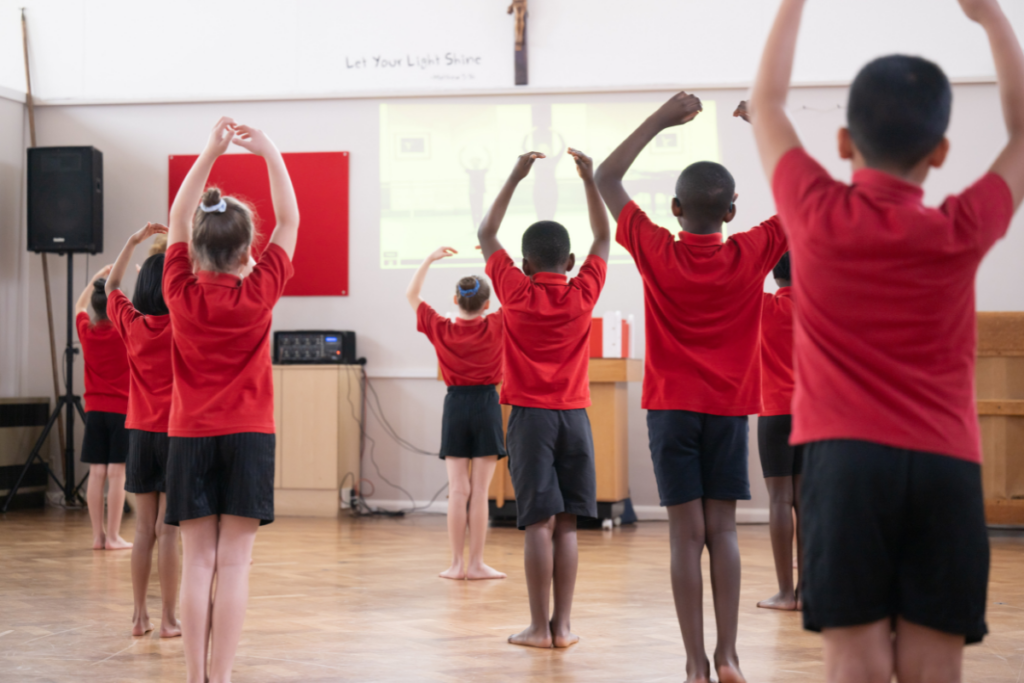World Pianist Day – Q&A with Royal Ballet School pianists Liz, Tracey and Akiko
Today we are celebrating World Pianist Day – a day to recognise the value pianists bring to our art form and to shine the spotlight on their mastery of playing the piano. At The Royal Ballet School, students are lucky enough to benefit from live music in every ballet class, helping add tempo, dynamism, and soul.
Alongside our team of 11 pianists across White Lodge and Upper School, you’ll find Liz, Tracey, and Akiko accompanying our ballet classes with their melodic repertoire and dynamic energy. To celebrate the occasion, we spoke with them about their backgrounds and what it is like to create and play music at the heart of ballet classes and rehearsals.
Can you tell me about your background and why you started playing the piano?
Tracey: I’ve got a fairly musical family. I’ve got two uncles who are professional musicians, so I started the piano when I was five years old and the violin. Music was always there. I played in orchestras as well as a child, so music was always something I knew I wanted to have as a career. I didn’t know anything about ballet and didn’t do ballet, so that wasn’t on my radar at all at that point.
Liz: I had very musical parents, a musical background, and I grew up with music in the family. I started playing the piano; I think I was technically four and a half when my godmother taught me my first lesson. I did nothing dance-related at all in my whole life until I met a ballet teacher who needed someone to step in on a Saturday morning for some classes. She put me forward, and I did a few on the back of that, and that was the first time I even knew anything about dance or ballet.
Akiko: I started piano because my mum took me to music class. I’m not from a musical family; I’m the only musician, and my mum was horrible at singing, so she didn’t want me to become like her. I started piano, and then I was forced to practice every day. And it happened to be that I was quite gifted with musicianship.
Do you have a highlight from your career as a pianist?
Tracey: I was very lucky and got to play a Steinway full-size concert grand piano on the stage of the Royal Opera House a couple of years ago with the School in our Summer Performance. I also did that on a School tour of Japan in 2000, and again, there was a piano on the stage with the dancers. I’ve been on tour three times with the School, which has been really lovely, meeting the Queen, meeting Prince Charles, as he was then, and lots of lovely people that I’ve worked with.
Liz: My highlight would be playing Les Sylphides at Opera Holland Park in 2017. When we were doing the rehearsals with Dame Monica Mason, she approached me and asked if I would like to play it live. I had to go away and give it quite a lot of thought because it was quite daunting, and then decided if I didn’t do it, then I’d probably regret it. I’m glad I did it as well because it was terrifying, but if it hadn’t been for Monica’s calmness and confidence in my ability to do it, I probably wouldn’t have done it.
Akiko: Throughout my career as a ballet pianist, I realised that people don’t know about our jobs. So, my husband, who is also a ballet pianist, Chris Hobson, Matt Gregory, and ballet teacher, David Yow decided to do a podcast. It’s called the Ballet Piano podcast, and we started to broadcast what we do, the problems we have, and how to communicate with the dancers. We thought it was such a narrow thing, and not so many people would listen, but we got messages from all over the world. It was quite nice to hear from other musicians and other dancers what they felt and the feedback we got; we felt like we were not alone.
What’s your favourite aspect of your job?
Tracey: What I really love is rehearsals. I love it when we’re in the studio getting ready for School performances, we’ve got special choreographers in, and we’re working through new pieces.
Liz: I think for me, my favourite aspect is the access we have to such wonderful pianos. Nowhere else could I sit and play what used to be Steinway’s, and now it’s the Yamaha grands. We are so lucky here to have these pianos and that I get to come in and play beautiful pianos every day.
Akiko: I actually like class more than rehearsals. I can create things, and I can make them move with what I do. I enjoy the collaboration and the creativity.
What does a normal day look like for you?
Liz: We have a morning ballet class to play for, sometimes two, and then we’ll have pas de deux classes, solos classes, character classes, and repertoire classes. Most days, I think, on average, we’d be looking at playing maybe three classes a day. In between, we prepare our music, or practice.
Tracey: We’ve all got very much our own distinct style and our music. I think ballet pianists, in general, are quite protective of their music and style. But also, you can’t just play anything. Because a ballet class has to be in eight-bar phrases, you have to structure the music. If you find a bit of classical music, we very often have to adapt it so that it would fit into the class. You couldn’t just sit down and play anything.
Liz: Also, the teachers dictate to a certain extent what we can play by the nature of the exercise and how they mark it out. We have a certain amount of freedom within that structure, and each teacher has their preferences.
Do you remember what it was like starting as a ballet pianist?
Akiko: It was hard. I remember being so sleepy and hungry after one ballet class for the first few months when I started because you were concentrating so much.
Tracey: I used to have some loose sheets of music. You sort of learn, right, put a folder together and put all your pliés in that section.
What is the benefit of students having live music in class, and how does it prepare them for their careers?
The fact is that with live music, we play things differently every single time. Even just on my own, if I was playing a solo, I might play that slightly different every time. Then you counteract with Tracey or Akiko, who will play it slightly differently. That’s what the students need to get used to because an orchestra is a live entity, and that will change. They’re always told, ‘the conductor’s not going to wait for you.’ You’ve got to get used to going with the speed that the orchestra’s playing. When they listen to recorded music all the time, it’s muscle memory, and they only ever hear it at that same speed, with exactly the same nuances, and they end up not listening to the music.
What might some people not know about being a pianist?
People think that our fingers get tired, but they don’t. The students will often say, ‘Are your fingers tired?’ and you say, actually, no, my fingers are fine, but my brain’s gone!

